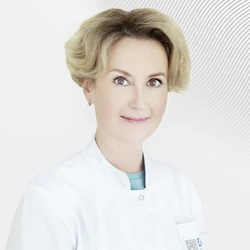Dental treatment under anesthesia
Narrated by Evgeny Zhilyaev,
Professor, MD, Doctor of the highest category.
 There are several hypotheses regarding the causes of rheumatoid arthritis. According to some theories, the disease occurs as a result of contact of the patient's immune system with certain microbes (microbes of the gingival pockets, intestinal microbes, microbes entering the lungs, etc.).
There are several hypotheses regarding the causes of rheumatoid arthritis. According to some theories, the disease occurs as a result of contact of the patient's immune system with certain microbes (microbes of the gingival pockets, intestinal microbes, microbes entering the lungs, etc.).
Signs
Rheumatoid arthritis is considered one of the most severe arthritis and is characterized by inflammation of the large and small joints of the hands and fingers and overgrowth of the synovial membrane. Gradually, the inflammatory tissue grows into the bone and begins to destroy joints, tendons and ligaments. As a result, the joints lose their ability to function normally.
The disease is characterized by a rapid course, which eventually leads to disability of the patient.
If you feel pain and/or stiffness in your joints, swelling of the joints is a reason to consult a specialist.
Diagnostics
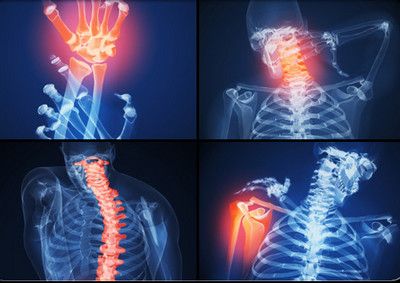
The diagnosis of rheumatoid arthritis is based on an examination by a rheumatologist and the results of laboratory tests. In some cases, additional studies are prescribed to rule out other types of arthritis.
The antinuclear factor, antibodies to various microorganisms that can cause reactive arthritis, are often checked, sometimes it is necessary to differentiate rheumatoid arthritis with ankylosing spondylitis and other spondylitis.
Sometimes instrumental examinations are performed. Their results are not decisive in clarifying the diagnosis, but can be used as additional confirmation of the presence of the disease. Radiography of the hands and feet is performed, sometimes MRI or ultrasound of individual joints, most often of the hands. Ultrasound in some cases is better than other research methods at detecting the pathology of tendons and tendon sheaths, which are actively involved in the process of rheumatoid arthritis.
Treatment
There are certain international protocols according to which rheumatoid arthritis should be treated. In the treatment of rheumatological diseases, EMC rheumatologists adhere to the recommendations adopted by the medical communities of Western Europe and the USA.
Currently, a lot has changed in the treatment of arthritis, and treatment has become more successful in the last 5-7 years. Stable remission is increasingly achieved, and symptoms are completely eliminated. In some cases, it is possible to achieve drug-free remissions, which, with certain reservations, can be considered recovery. There are more and more such patients every day.
The key factors for successful treatment are early diagnosis, timely and intensive treatment of the disease, regular examinations to confirm the effectiveness of the therapy, and its correction, if necessary.
Physical therapy plays a minor role in the treatment of rheumatoid arthritis. First of all, medical treatment is required. As a rule, the first step in treatment is the appointment of methotrexate, the earlier the drug starts, the more lasting the effect can be achieved. Other anti-inflammatory drugs may be used: sulfasalazine, leflunomide, and hydroxychloroquine. If the patient does not respond to anti-inflammatory drugs, genetically engineered drugs are prescribed, which are available in pharmacy chains in our country.
A well–known prevention of rheumatoid arthritis is the replenishment of vitamin D in the body and quitting smoking.
EMC rheumatologists have extensive experience in the treatment of rheumatoid arthritis, and leads this field Evgeny Valerievich Zhilyaev.
Why the EMC
The first and only clinic in Russia, created in the image of the world's leading clinics
EMC is a multidisciplinary center offering patients a high level of medical services and a personalized approach
Worldwide recognition and awards
 Learn more
Learn more
Worldwide recognition and awards
 Certificates and licenses
Certificates and licenses
Make an appointment for a consultation
Specify your contacts and we will contact you to clarify the details
Reviews
and new products of the EMC
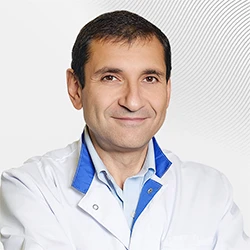

.webp)

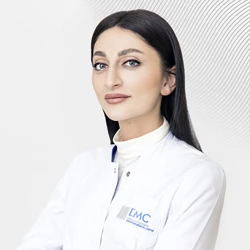
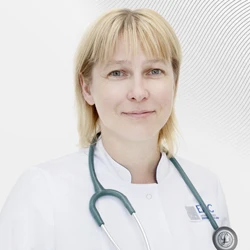
.webp)
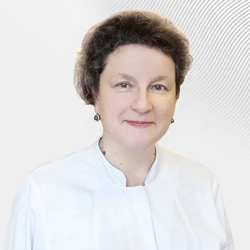
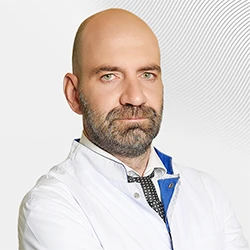
.webp)

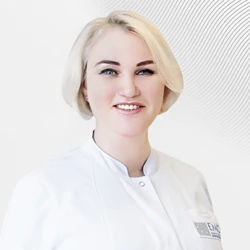
.webp)
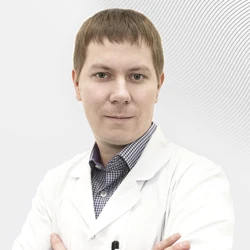
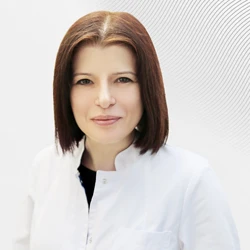
.webp)
.webp)
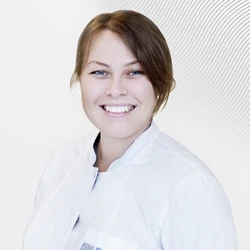
.webp)
